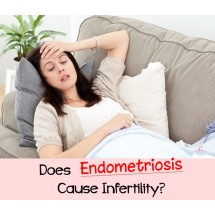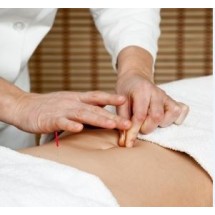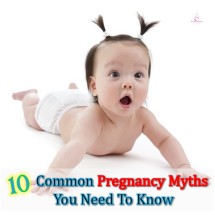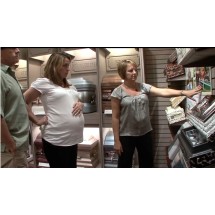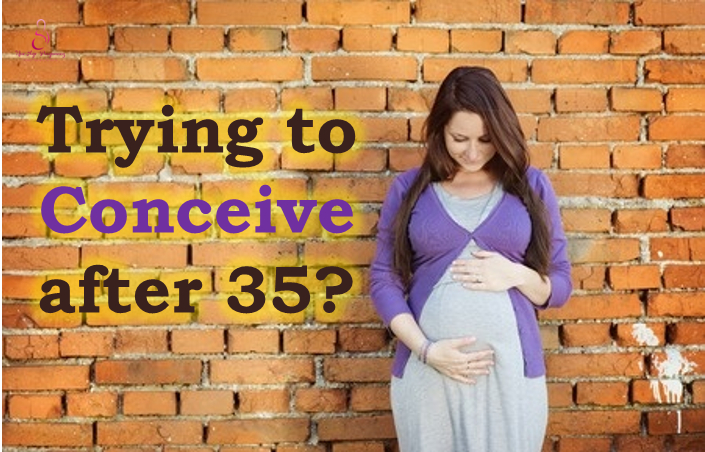 What are some of the challenges when trying to conceive after age 35?
What are some of the challenges when trying to conceive after age 35?
Women trying to conceive later in life are faced with lower chances of success, as fertility decreases with age (Chart 1). A woman is born with a limited number of eggs and every month from birth, her number of eggs are decreasing. The quality of the eggs also start to reduce when a woman reaches mid to late thirties and they are not as easily fertilized as well.
Mounting pressures from work and if coupled with lack of exercise, one may feel more tired as they approach the 40s, and hence find it difficult to “work hard” at trying to conceive.
Women above the age of 35 are 4-8 times more likely to have an ectopic pregnancy (pregnancy outside the womb) compared to younger women. This is likely due to an accumulation of risk factors over time, like pelvic infection and problems with the fallopian tubes, which can also lead to difficulty conceiving at all.
As many women are pushing their plans to conceive to a more advanced age, more are turning to assisted reproduction like IVF (in-vitro fertilization). However the chances of success at IVF pregnancies also decline with increasing age of the woman (Table 2).
How can one increase their chances of conceiving?
Keep yourself healthy.
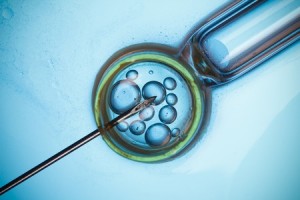 Having a balanced diet and exercise regime will help you keep to a healthy weight. Being overweight can affect one’s chances of conceiving a baby, and this also applies to not just the woman but also the man in the relationship. The opposite end of the scale will also not do any good, as being underweight also reduces a woman’s fertility. This is caused by imbalances of hormones that affect her ovulation.
Having a balanced diet and exercise regime will help you keep to a healthy weight. Being overweight can affect one’s chances of conceiving a baby, and this also applies to not just the woman but also the man in the relationship. The opposite end of the scale will also not do any good, as being underweight also reduces a woman’s fertility. This is caused by imbalances of hormones that affect her ovulation.
Both men and women trying to conceive should avoid smoking. Studies have shown that women who smoke are more likely to be infertile. Smoking also seem to bring forward menopause as it causes the woman’s eggs to deplete. Smoking is also linked to worse sperm counts and quality.
Avoid high levels of caffeine intake as this has an effect on fertility for both men and women.
Having sex regularly will increase the chances of conceiving. Studies have shown that having sex every 1-2 days gives the best results.
The “fertile period” is described as the 6-day window period before ovulation, and fertility is highest on the day before ovulation. For women with regular menses, maximizing the frequency of sexual intercourse from soon after menses end, to the day of ovulation will give the best chances. However since length of the fertile window may vary among women, regular sexual intercourse during the menses-free days of the cycle will generally help.
If a lubricant is needed for sexual intercourse, consider using a mineral oil, canola oil or hydroxyethylcellulose-based lubricants as these have been shown not to inhibit sperm motility.
Avoid frequent exposure to environmental toxins and chemicals like pesticides, industrial solvents and heavy metals as these can reduce fertility.
Changes in lifestyle can lead to improvements in sperm quality within a few months since sperm is regenerated continuously and matures every 3 months. However a woman is born with a finite number of eggs so there are no methods to cause new eggs to grow or preserve those that remain. Hence the advice here can help to the extent that may be limited by any woman’s age-related fertility.
Medical interventions like Intra-Uterine Insemination (IUI) or In-Vitro-Fertilisation (IVF) may help some couples conceive if they fail to do so naturally. However the success rates with these treatments are still age-dependent and decline with increasing age of the woman.
What are the risk and danger of conceiving after 35
The risks can be considered either to the mother or the baby.
Mother
Miscarriages and ectopic pregnancies (pregnancy outside the womb) are more common in older mothers. Ectopic pregnancy usually requires treatment by medication or surgery, and can lead to life-threatening situations in the mother.
The chance of developing twins or triplets increase with age and these pregnancies are linked to more problems to both mother and baby during the pregnancy.
Older mothers have a higher chance of developing gestational diabetes during pregnancy, which poses higher risk of complications during pregnancy and labour process.
Pregnancy-induced hypertension or pre-eclampsia (condition of high blood pressure with protein in the urine) are more common in older mothers. Pre-eclampsia can lead to damage to the mother’s organ systems or lead to fits, which can be life-threatening.
Older mums are also more likelihood to have chronic medical problems like diabetes, hypertension or heart problems which can worsen during pregnancy.
Baby
Babies born to older mothers have a higher chance of carrying chromosomal abnormalities like Down syndrome. This risk increases from 1 in 950 at age 30 to 1 in 100 at age 40.
Other abnormalities in the baby like heart defects, club foot and diaphragmatic hernia are also more frequent when the mother is older.
Risk of giving birth to a stillborn baby increases with maternal age.
Risks of delivering at a preterm stage or born with low birth weight are also more likely in older mothers. Babies born prematurely are more likely to have hearing and vision problems, or even cerebral palsy if born at a very premature stage.
Chart 1
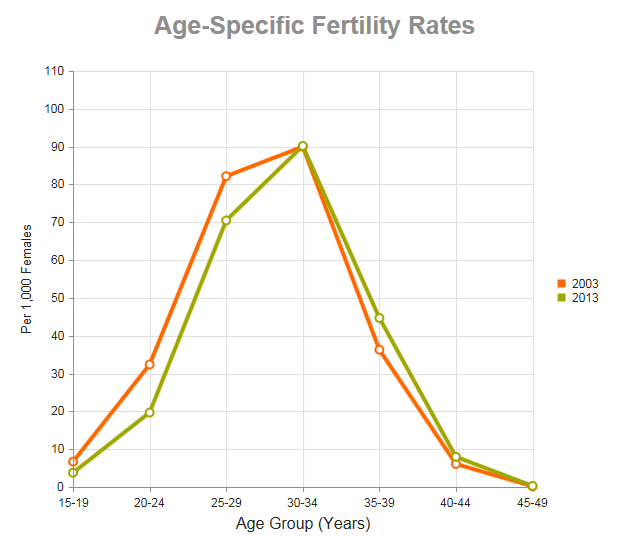
Chart from Department of Statistics Singapore
Table 2
Data by HFEA (Human Fertilisation Embryology Authority), United Kingdom website:
In 2010 (the year for which the most recent data is available) women having in vitro fertilisation (IVF) using fresh embryos created with their own fresh eggs, the percentage of cycles started that resulted in a live birth (national averages) was:
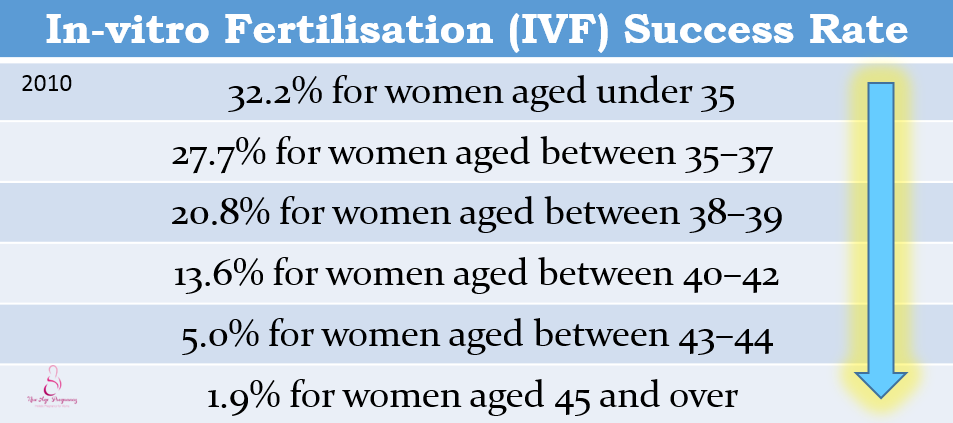
 By Dr Cynthia Kew
By Dr Cynthia Kew
Specialist in Obstetrics and Gynaecology
Practice Address:
Cynthia Kew Clinic for Women & Laparoscopic Surgery
Address: 38 Irrawady Road #04-26
Mount Elizabeth Novena Specialist Centre
Singapore 329563
Tel: 63341023

